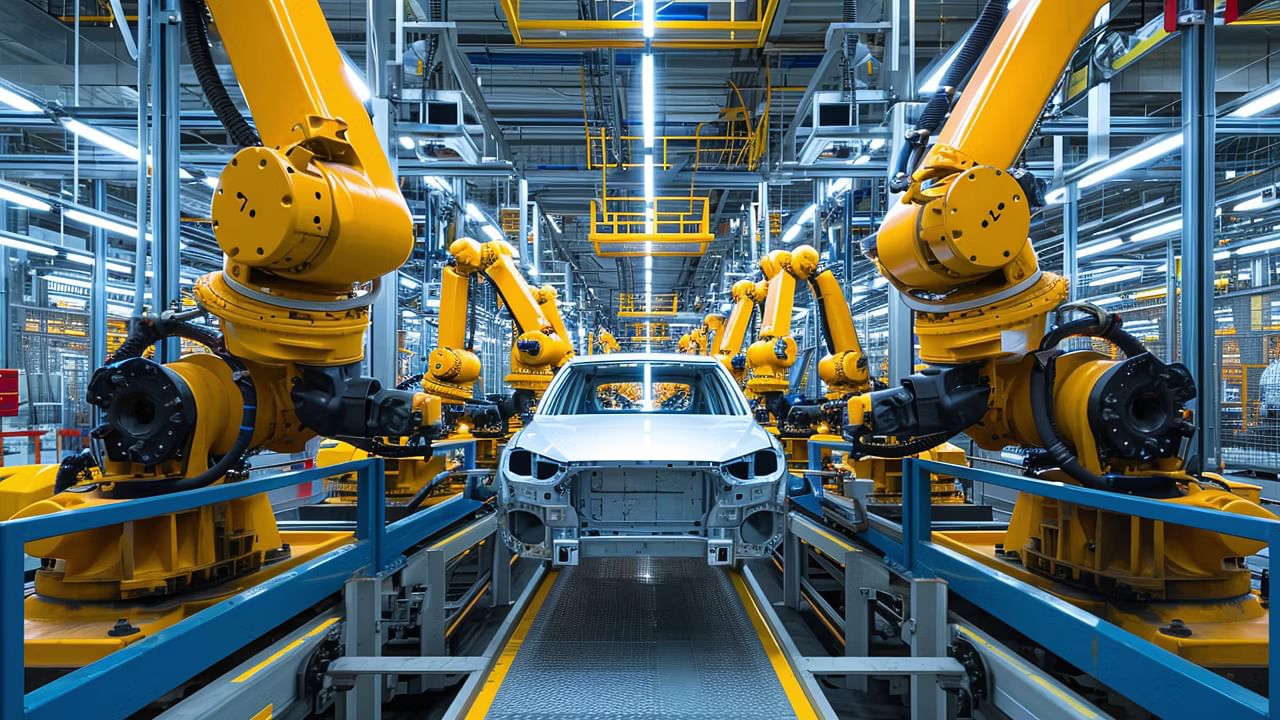Electric vehicles are more than just a shift in drivetrain—they represent a shift in architecture, intelligence, and opportunity. For India, that opportunity lies at the intersection of EV adoption and software innovation.
This was the central message from R Velusamy, President of Automotive Technology and Product Development and Joint Managing Director of Mahindra Electric Automobile Limited, at the Future Powertrain Conclave in Chennai, hosted by Autocar Professional in partnership with Guidance Tamil Nadu.
“Electric vehicles bring a lot of software—and that is an added advantage for India,” said Velusamy. “When you bring software content into the vehicle, it becomes a huge job creator. In fact, with our software strengths, we can become the world’s number one player in a short time.”
EVs as Technology Platforms, Not Just Clean Vehicles
In today’s automotive world, electric vehicles are digital-first machines. Whether it’s autonomous driving capabilities, vehicle-to-cloud communication, intelligent diagnostics, or over-the-air updates, EVs are built to run on code as much as on electricity.
Velusamy pointed out that it is often technology innovation—not just environmental benefits—that drives customer interest in EVs.
“Most of the time, electric vehicles are sold not just for their sustainability but also because of the technologies they incorporate—whether it’s autopilot, connected features, or intelligent software. That’s what brings a lot of new life to automotive engineering and jobs.”
With India’s deep engineering talent pool and growing investments in automotive technology R&D, the convergence of electric vehicles (EVs) and software represents a once-in-a-generation opportunity to lead globally in next-generation mobility.
M&M Ready for Global Competition with a Software Edge
Mahindra & Mahindra has accelerated its transition to battery electric vehicles (BEVs) under the leadership of R. Velusamy. He has been instrumental in the development of INGLO, Mahindra’s modular and scalable EV platform, and MAIA, the next-generation intelligence stack designed to power the company’s new generation of electric SUVs under the BE and XUV.e brands.
The INGLO platform (India + Global) supports various battery configurations and drivetrain layouts, offering design flexibility and efficiency. Complementing this, MAIA (Mahindra Architecture for Intelligent Algorithms) integrates connected features, vehicle dynamics, over-the-air updates, and advanced driver assistance systems into a unified digital framework.
Velusamy emphasizes that Mahindra is not just building electric vehicles but creating software-defined, intelligent mobility platforms that can compete with the best in the world.
Under Velusamy’s guidance, Mahindra has committed over ₹10,000 crore to its EV business, which will be deployed in rolling out nearly half a dozen electric vehicles, designed and developed locally with Indian talent in Tamil Nadu—specifically in Chennai and Coimbatore.
India’s Moment to Lead in Software-Defined Mobility
As the automotive sector transitions toward software-defined vehicles (SDVs), India is well-positioned to take a leadership role—not only in electric vehicle (EV) manufacturing but also in shaping the future user experience of mobility.
Velusamy believes this future is within reach, but only if India stays the course on EVs—with supportive policy and a clear long-term vision.
“If your goal is to go electric, focus on that. Keep the regulations constant and predictable. Let us build forward.”
A Call for Policy Stability to Support Innovation
While software may be India’s edge, policy clarity is its foundation, Velusamy said. He strongly advocated for consistency in tax regimes and incentives—especially the 5% GST on EVs—and urged both central and state governments to resist the temptation to withdraw support too early.
“We take three years to develop a vehicle and invest heavily based on policy expectations. If those policies change midway, it breaks the rhythm and delays progress.”
Velusamy also expressed concern about some states reintroducing road tax on electric vehicles, while appreciating Tamil Nadu for continuing its support.
“Some states have announced plans to impose road taxes on electric vehicles. Tamil Nadu has not. I urge others to support the young, bubbling EV ecosystem. Don’t kill it in the bud—let it grow into a tree.”
India’s Auto Opportunity Is Digital
Electric vehicles are opening an entirely new chapter for the automotive industry—one where software, intelligence, and experience take center stage. For India, this isn’t just an opportunity to catch up—it’s a chance to lead.
With strong government backing, focused industry effort, and its global edge in software, India has the potential to become a powerhouse in electric, intelligent mobility.
📰 Crime Today News is proudly sponsored by DRYFRUIT & CO – A Brand by eFabby Global LLC
Design & Developed by Yes Mom Hosting





